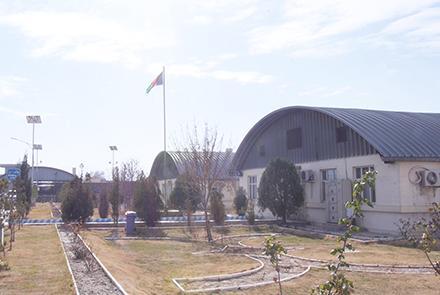President Ashraf Ghani’s spokesman Haroon Chakhansuri at a press conference on Saturday said work on selection of new election commissions is ongoing and that the list of candidates for membership of the election commissions will be finalized by the end of this week.
Chakhansuri said that so far political parties and civil society organizations have introduced 84 candidates for the election commissions.
According to him, 69 candidates, including nine women, are from political parties while 15 candidates, including five women, have been introduced by civil society organizations.
“All documents which they [candidates] have submitted will be assessed within the next three days and then the list will be finalized. And based on the amended election law, the 18 presidential candidates will vote for 14 candidates from the [final] list,” Chakhansuri explained.
Abdul Sattar Saadat, former head of the Independent Electoral Complaints Commission, meanwhile, predicted that problems will remain in theelection process if the process is not “digitalized”.
“It is possible that every presidential candidate will vote to their favorite nominees and then the commissioners will have commitment to a particular person rather than having commitment to the law. But I think the problem will be resolved if the candidates vote to competent nominees,” said Saadat.
Civil society activists said the method through which civil society organizations’ candidates were included in the candidates’ list is questionable.
“We have seen that all the appointments have been made based on ethnic and political connections and the people who have talent in electoralaffairs have been ignored,” said Ainuddin Big, a civil society activist.
The Transparent Election Foundation of Afghanistan (TEFA), meanwhile, said the process through which they selected the candidates was transparent and in line with the law.
“From at least 140 people, 15 of them have been selected and they have good abilities on electoral issues,” said Lal Mohammad Amiri, member of TEFA.
This comes after all commissioners from the two electoral commissions – the Independent Election Commission (IEC) and the Independent Electoral Complaints Commission (IECC) – were dismissed from their posts, including the two chiefs, after President Ashraf Ghani signed off on an amendment to the electoral law.
Ghani approved the amendment on February 20, which resulted in the instant dismissal of the commissioners – including IEC chief Abdul Badi Sayyad and IECC Aziz Azizullah Aryayee.
Discussions and consultations over the draft amendment started earlier this month and was unanimously endorsed by all groups – before being approved by Ghani’s cabinet.
According to the Presidential Palace, the two secretariat heads, Ahmad Shah Zamanzai from the IEC, and Mohammad Setigh, from the IECC secretariat, will run the commissions.
The election law has 109 articles and 17 chapters and according to sources, a number of these articles have been amended.
The commissioners – 12 in total - were appointed to the posts in November 2016 as part of government’s efforts to ensure transparent and fair parliamentary elections.
However, the elections – held in October – were allegedly riddled with fraud and mismanagement.
This move comes amid ongoing criticism leveled at the commissioners who have still not released the final results for October’s elections for 15 provinces.


